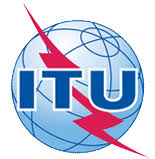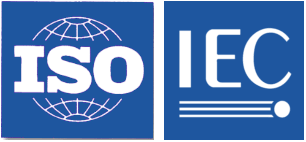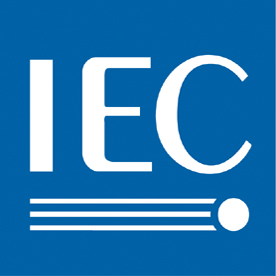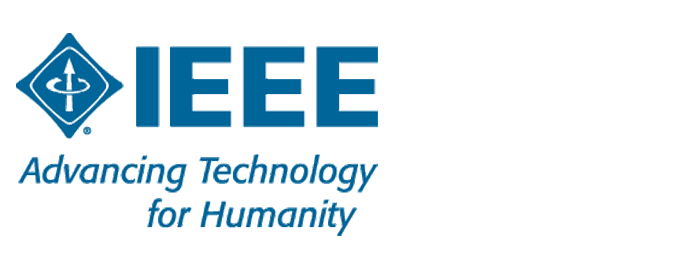Y.scdt-reqtsRequirements and capabilities of a digital twin system for smart cities
This Recommendation provides concept of digital twin federation and defines requirements for digital twin federation in smart cities and communities.

This Recommendation provides concept of digital twin federation and defines requirements for digital twin federation in smart cities and communities.

ISO/IEC 21823-3:2021 provides the basic concepts for IoT systems semantic interoperability, as described in the facet model of ISO/IEC 21823-1, including: (1) requirements of the core ontologies for semantic interoperability; (2) best practices and guidance on how to use ontologies and to develop domain-specific applications, including the need to allow for extensibility and connection to external ontologies; (3) cross-domain specification and formalization of ontologies to provide harmonized utilization of existing ontologies; (4) relevant IoT ontologies along with comparative study of the characteristics and approaches in terms of modularity, extensibility, reusability, scalability, interoperability with upper ontologies, and so on; and (5) use cases and service scenarios that exhibit necessities and requirements of semantic interoperability.

IEC 61987-11:2016 provides:<br /> - a characterisation of industrial process measuring equipment (device type dictionary) for integration in the Common Data Dictionary (CDD), and<br /> - generic structures for operating lists of properties (OLOP) and device lists of properties (DLOP) of measuring equipment in conformance with IEC 61987-10.<br /> This second edition cancels and replaces the first edition published in 2012. This edition constitutes a technical revision. This edition includes the following significant technical changes with respect to the previous edition:<br /> a) The classification in Table A.1 has been amended to reflect the changes in the classification scheme of process measuring equipment in the CDD due to the development of IEC 61987-14, IEC 61987-15 and IEC 61987-16.<br /> b) Annex A has become 'informative'.

IEC 61987-12:2016 provides an operating list of properties (OLOP) for the description of the operating parameters and the collection of requirements for a flow measuring equipment and device lists of properties (DLOP) for the description of a number of flow measuring equipment types.

Port-based network access control allows a network administrator to restrict the use of IEEE 802(R) LAN service access points (ports) to secure communication between authenticated and authorized devices. This standard specifies a common architecture, functional elements, and protocols that support mutual authentication between the clients of ports attached to the same LAN and that secure communication between the ports, including the media access method independent protocols that are used to discover and establish the security associations used by IEEE 802.1AE(TM) MAC Security.

The document describes how all or part of a network can be secured transparently to peer protocol entities that use the MAC Service provided by IEEE 802 LANs to communicate is specified in this standard. MAC security (MACsec) provides connectionless user data confidentiality, frame data integrity, and data origin authenticity.

Specific methodologies to help employers in accessing, collecting, storing, utilizing, sharing, and destroying employee data are described in this standard. Specific metrics and conformance criteria regarding these types of uses from trusted global partners and how third parties and employers can meet them are provided in this standard. Certification processes, success criteria, and execution procedures are not within the scope of this standard.

The document studies the security enhancements on the support for Edge Computing in the 5G Core network defined in TR 23.748, and application architecture for enabling Edge Applications defined in TR 23.758 and TS 23.558. Potential security requirements are provided and possible security enhancements to 5GS and edge application architecture are proposed that meet these security requirements.

ISO/IEC 38505-1:2017 provides guiding principles for members of governing bodies of organizations on the effective, efficient, and acceptable use of data within their organizations by - applying the governance principles and model of ISO/IEC 38500 to the governance of data, - assuring stakeholders that, if the principles and practices proposed by this document are followed, they can have confidence in the organization's governance of data, - informing and guiding governing bodies in the use and protection of data in their organization, and - establishing a vocabulary for the governance of data.

Recommendation ITU-T F.749.3 describes the use-cases and requirements for vehicular multimedia networks (VMN), taking into account the autonomous levels defined by [SAE J3016], and defined the Vehicular multimedia service platform (VMSP) with the following functions: multimedia services, infotainment applications, intelligent voice interaction, high precision navigation (maps), security updates, software and certificates. This recommendation suggests to use Edge computing platform as the distributed computing system with the following advantages: - computing and network resource of VMSP allocation; - increase of services performance; - decentralization; - user demand services; - reduction of delays. This recommendation considers the framework of distributed VMS for V2X networks based on the EdC possibilities.

The document presents Use cases that describe IIoT platform and edge device usage with the 'roles' around them e.g., in the use case cluster 'IT-infrastructure and software', use case 'Device configuration'.

This document is a 'Smart manufacturing trend analysis'. Some of the new technologies are related to AI, Edge computing, Cloud technology, Digital twin, New communication protocols, 5G, TSN, Big data and data analytics, IoT and IIoT, Privacy technology, etc. Each chapter has a subchapter on 'Technology description', 'Use case analysis' and 'Standardization needs'.
